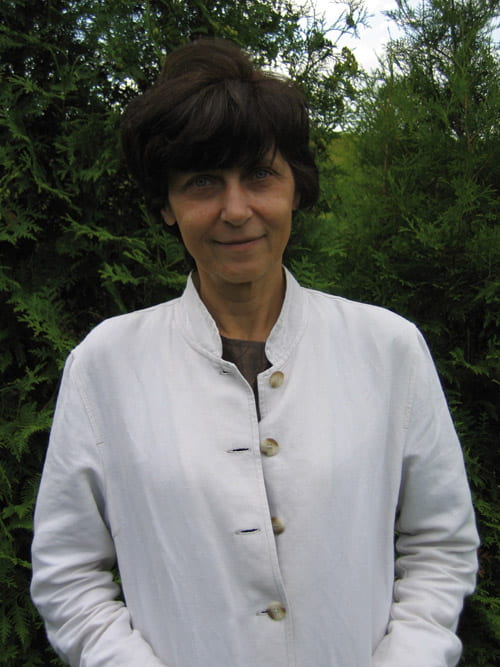“Musical innovation is full of danger to the State, for when modes of music change, the fundamental laws of the State always change with them.” Although one may think of this quote as an appropriate and incisive comment on a recent concert at the Poznańska Wiosna Muzyczna [Poznań Musical Spring] Festival, these words were actually set down circa 380 B.C. by Plato in his immortal treaty, Republic.
A Festival concert held at the Poznań Music Academy auditorium in early April was hosting the ElettroVoce ensemble, founded by Agata Zubel and Cezary Duchnowski, two distinguished contemporary Polish music composers. The ensemble was to give a world premiere of Ryszard Osada’s Creation—in addition to voice and electronics, performance of this composition also called for the use of a prepared piano. Such so-called extended techniques (often taking place inside the piano rather than on the keyboard) have been employed by scores of avant-garde composers for about a century and are nothing new. By using various materials (cloth, mallets, and other objects directly on the strings), an unusual variety of sound effects are coaxed from the piano, adding to both the visual and aural drama of performance. Technical riders regarding the use of these techniques are usually specified in contracts and concert organizers agree in most cases to this fact.
 On April 3 as prof. Lidia Zielińska, a distinguished composer and head of the Electro-Acoustical Department at the Poznań Music Academy, was introducing Ryszard Osada’s piece, prof. Halina Lorkowska, the Academy’s rector, entered the stage and interrupted her colleague by saying she was against the use of the concert grand Steinway for this purpose. When the incredulous public reacted with much mirth to prof. Lorkowska’s words, she issued a challenge to the audience, asking if they were ready to cover the cost of piano repairs and stormed out of the auditorium.
On April 3 as prof. Lidia Zielińska, a distinguished composer and head of the Electro-Acoustical Department at the Poznań Music Academy, was introducing Ryszard Osada’s piece, prof. Halina Lorkowska, the Academy’s rector, entered the stage and interrupted her colleague by saying she was against the use of the concert grand Steinway for this purpose. When the incredulous public reacted with much mirth to prof. Lorkowska’s words, she issued a challenge to the audience, asking if they were ready to cover the cost of piano repairs and stormed out of the auditorium.
Although Heinrich Heine once said, “Where words leave off, music begins,” unfortunately, on this occasion it was not to be, and Osada’s piece has to await the world premiere at a more propitious time and at a somewhat friendlier venue. After this interruption, the concert continued with two other works on the program, ending on an encore improvisation by the performers. Almost as soon as the applause had died, public debate in the media erupted, castigating prof. Lorkowska in a negative light. She reacted to it by saying, “I have only one Steinway and have to protect it. It’s some kind of a misunderstanding or insufficient knowledge of the procedures. If there was a question, there would be an answer—any other instrument except the Steinway.”
For her part, prof. Zielińska replied that as the organizer she had asked the Academy to provide the venue and instruments for this concert. She added that, “Preparing pianos had been done for 105 years. Madame Rector spoke about the piano and I’m on her side as far protecting it is concerned. The issue is the disgraceful behavior. All that was needed was to ask for a short technical break.” Presumably, another piano would then be moved in and the concert would continue. Except that, in Poznań, even century-old innovations are not always welcome.
[Sources: poznan.wyborcza.pl, nibytygodnik.pl, youtube.com]
